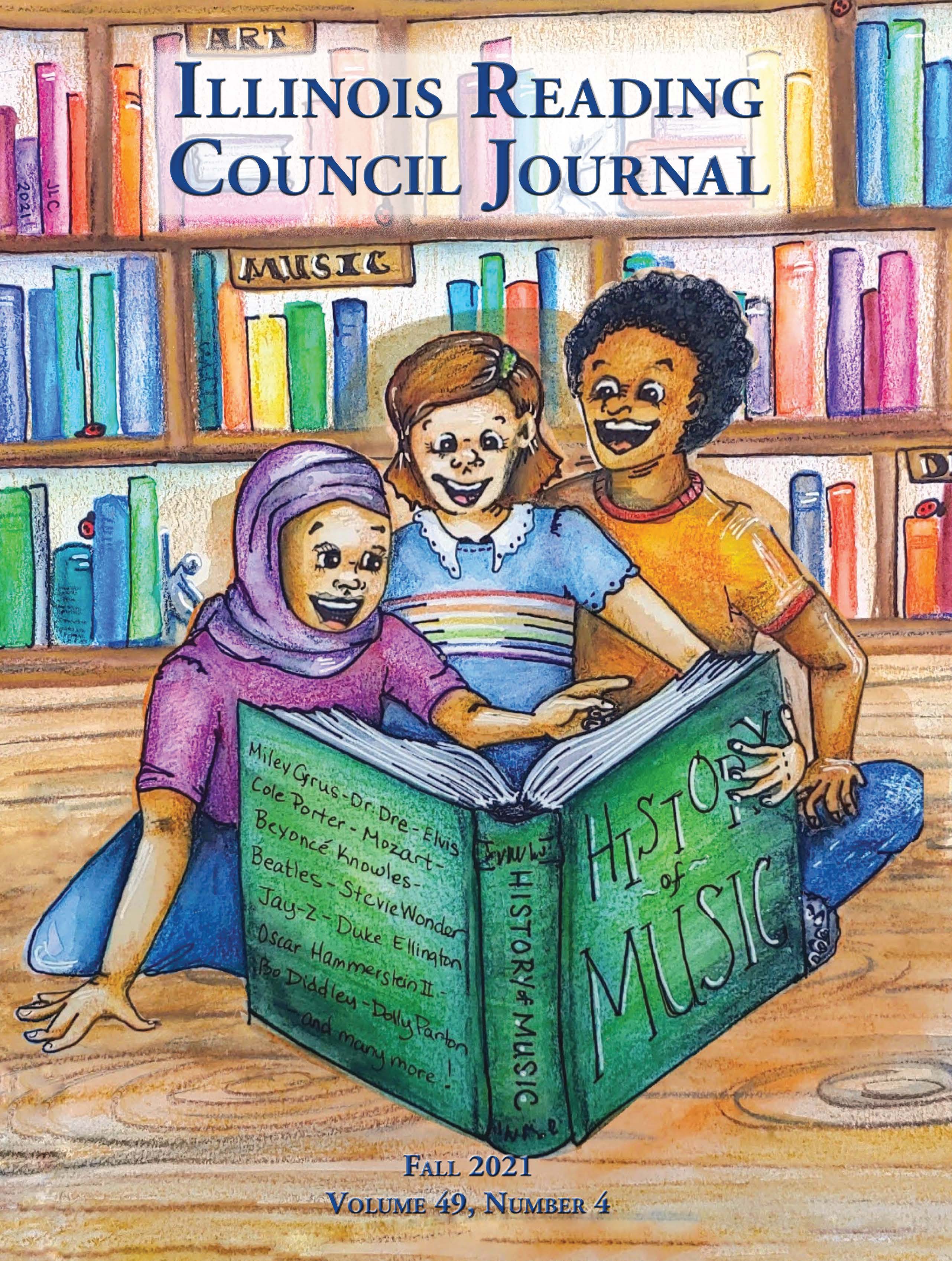Fall 2021 Volume 49, Number 4
 |
The “Bates” Shop: Fishing for Primary Source Documents: Using Protest to Link Civics and Literacy
By David Bates
Document: Column
Introductory Paragraph: Creating engaged citizens is one of the core functions of American education, and yet it is generally agreed that this goal is not being met (American Academy of Arts and Sciences, 2013, p. 24). Recent research suggests that traditional methods of teaching civics may be leaving students disinterested and unmoved. Garcia and Mirra (2019), for example, find that curricular language around literacy and citizenship leads to a bland and “depoliticized . . . vision of reading that avoids meaningful engagement with the competencies students need to advocate for themselves and their communities in an increasingly contentious and polarized country” (p. 197). This is a particular issue for students of color. Lo (2019) has argued that long-standing racial gaps in civics proficiency should be understood as part of a larger “civic debt” (p. 114)—the systematic exclusion of people of color, especially Black Americans, from political processes. Paying down this debt, she argues, “requires different ways of thinking about civic engagement and empowerment” (p. 114), including expanded space for racial dialogue in the classroom and the teaching of civics topics in a way that is complex and critical, not value-neutral. With the Common Core’s focus on informational text, and the publication of the Illinois Social Science Standards aligned to the C3 Framework, space exists for English and Language Arts (ELA) educators to help correct this deficiency. ELA educators are accustomed to complex discussions and critical examinations of text; and by using primary sources, they can collaborate with social studies teachers in promoting rigorous analytical reading skills among students, all while fulfilling the Common Core’s demand for informational text. In this column, three historical documents from African-American history will be presented, along with an explanation as to how each might be used in a civics-oriented ELA lesson.
DOI: https://doi.org/10.33600/IRCJ.49.4.2021.79
Page Numbers: 79-84
|
The Illinois Reading Council Journal is available for IRC Members. If you are a current member, please watch your mail and email for the current issue to arrive.
Not an IRC Member? A highlighted version showing the current issue's table of contents is available online for your viewing. You can become an IRC Member and order a current copy of the IRC Journal by calling the IRC office at (309) 454-1341 or join online today to receive future issues!
|


